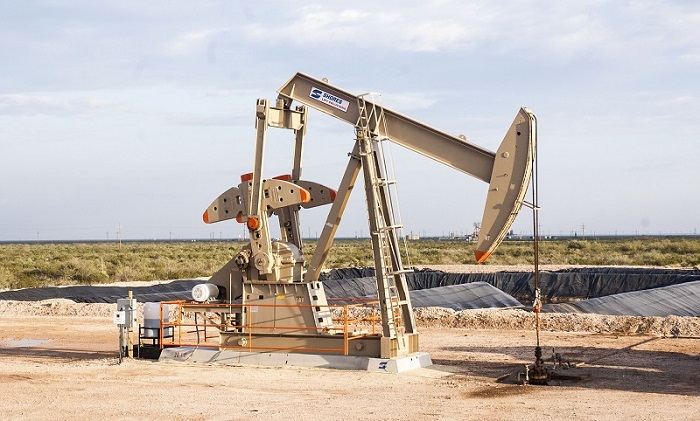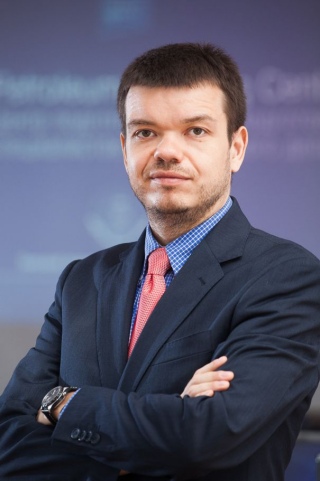No prior knowledge or specific skills are necessary for joining this course. Just bring your curiosity, attention and will. From our side, we tried our best to make the course as interesting and visually compelling as possible, and put together many exciting activities for you.
Commitment
7 weeks of study
Course Structure
Chapter 1: Introduction: Petroleum in Our Life
1. Introduction to petroleum engineering
2. Historical review
3. Oil pricing
4. Geographical distribution of petroleum
5. Industry structure
6. Challenges and trends in petroleum industry
Chapter 2: Petroleum Geology
1. Introduction. Geology and geologists
2. Rock cycle
3. Classification and structure of sedimentary rocks
4. How petroleum fields are formed
5. Cores
6. Reservoir properties
7. Rock properties
8. Fluid properties
Chapter 3: Exploration Geophysics. Well Logging. Well Testing
1. Introduction
2. Production geology
3. Seismic surveys
4. Seismic methods
5. Well logging
6. SP logging method
7. Well testing
Chapter 4: Reservoir Engineering
1. Reservoir engineering
2. Life cycle of an oil field
3. Oil recovery methods
4. Secondary recovery
5. Pressure maintenance
6. Waterflooding
7. Reservoir simulation
Chapter 5: Drilling
1. Drilling engineering: introduction and history of drilling
2. Concepts and terms
3. Drilling technology
4. Drilling equipment
5. Circulation system
6. Drilling complications
7. Well cementing. Well completion
Chapter 6: Production Technology
1. Petroleum production technology
2. Oil production and well operation
3. Open flow
4. Gas lift
5. Pumps used on oil wells
6. Electrical submersible pumps
7. Gas well operation
8. Separate production
Chapter 7: Enhanced Recovery Techniques
1. Introduction to stimulation operations
2. Stimulation design and implementation
3. Formation damage
4. Stimulation candidate well selection
5. Stimulation methods
6. Stimulation methods. Hydraulic fracturing
7. Acid treatment
Course instructors
Liubov Vorobyeva
Liubov Vorobyeva is a teacher and research officer at Petroleum Learning Centre, Tomsk Polytechnic University. She received her Petroleum Engineering degree from the Institute of Natural Resources at Tomsk Polytechnic University, and her international MSc degree in Petroleum Engineering from Heriot-Watt University (UK). She also holds a degree in Management awarded by Russian American Centre at TPU.
Ms. Vorobyeva is Heriot-Watt Approved Teacher in Reservoir Simulation, she also teaches short courses in Reservoir Simulation and Introduction into Petroleum Engineering. Since 2007, she has been part of Petroleum Learning Centre research team, working on technical competence assessment and building geological and reservoir models.
Konstantin Maksyutin
Konstantin Maksyutin is Deputy Director for Professional Development at Petroleum Learning Centre, Tomsk Polytechnic University. He received his degree in Foreign Language Teaching from Tomsk Pedagogic University and international MSc degree from the University of Rouen (France). He also holds Candidate of Sciences degree in Teaching Methods.
Since 2002, Mr. Maksyutin has been involved in petroleum industry; first as translator and interpreter of short courses, then as short course manager. He runs Technical English training program for non-English speaking students of Heriot-Watt University MSc programs delivered by Petroleum Learning Centre, TPU. Mr.Maksyutin teaches courses in English for Petroleum Engineering, Business Communications and Systems Thinking.





